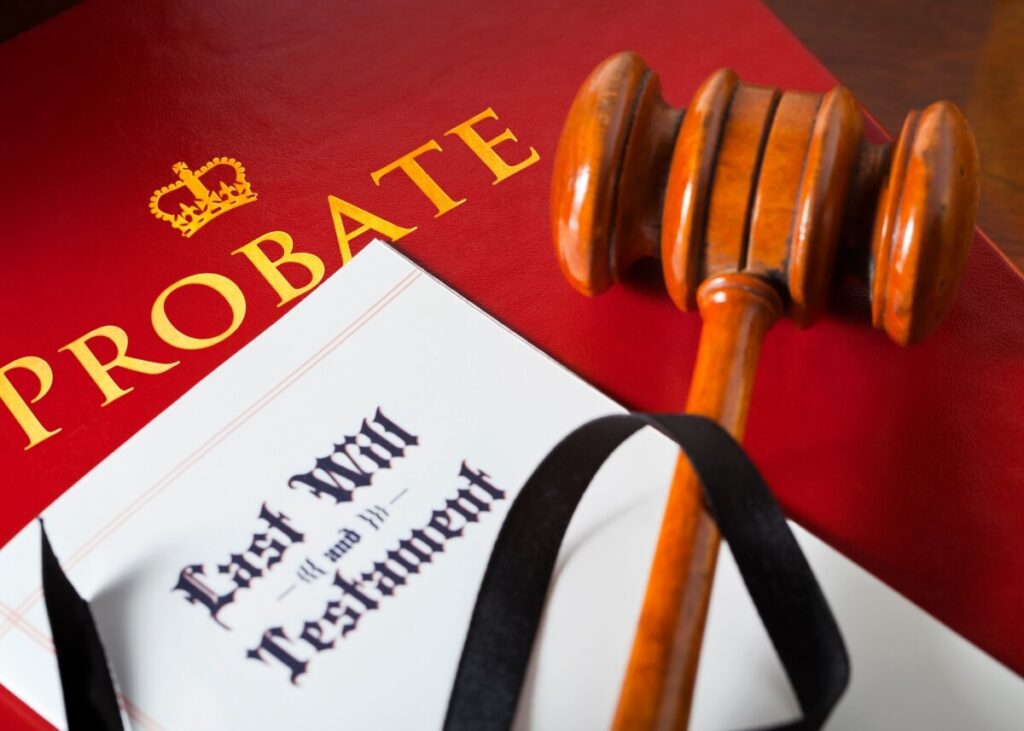
When Probate Becomes Necessary—Even With a Trust in Place
Many people create a living trust to avoid probate—a process that can be lengthy, public, and costly. And it’s true: a properly funded trust is one of the most effective ways to keep your estate out of probate court.
But here’s a reality that surprises many families: probate can still become necessary, even when a trust exists. Understanding when and why this happens is the key to making sure your trust actually does what you intend.
1. Assets Were Never Transferred Into the Trust
One of the most common reasons probate is required is that certain assets were never formally moved into the trust. For example:
- A property was purchased after the trust was created, but the title was never changed to the trust.
- A bank account or investment account was opened in your personal name rather than the trust’s name.
- You intended to transfer an asset but never completed the paperwork.
In California, if assets left outside the trust exceed the probate threshold ($184,500 in 2025), the court may need to get involved. In some cases, a Heggstad Petition can fix the problem without full probate, but that’s not guaranteed.
2. Out-of-State or “Forgotten” Property
If you own property in another state—like a vacation home or timeshare—and it wasn’t deeded to your trust, it can trigger probate in that state. This is called ancillary probate, and it often catches families off guard.
Similarly, smaller or “forgotten” assets like old stock certificates, closed retirement accounts with lingering balances, or safe deposit boxes can require probate if not properly titled or assigned to a beneficiary.
3. Improper or Outdated Beneficiary Designations
Some assets pass outside of your trust through beneficiary designations—like life insurance, retirement accounts, and payable-on-death (POD) accounts. Problems arise when:
- No beneficiary is named
- A beneficiary predeceases you, and no contingent is listed
- A beneficiary is a minor or disabled adult who can’t receive funds directly
If the asset can’t pass directly to a named beneficiary or to your trust, the court may need to step in to appoint someone to receive and distribute it.
4. Disputes or Contested Assets
Even a perfectly funded trust may not protect your family from conflict. If a beneficiary or family member challenges the validity of the trust, or claims an asset isn’t really part of it, the court may open a probate case to resolve the dispute.
5. Debts, Creditors, or Legal Claims
In rare cases, if your estate faces complicated creditor claims, lawsuits, or unclear debt resolution, the court may require a probate proceeding—even if your trust owns most assets—to ensure debts are paid according to law.
The Takeaway: Avoiding Unnecessary Probate
A living trust is a powerful tool, but it’s only as effective as the plan behind it. To keep probate at bay:
- Review your trust funding regularly—make sure all real estate, bank accounts, and significant assets are properly titled.
- Update beneficiary designations to coordinate with your trust plan.
- Check for out-of-state property and consider a trust deed or LLC to avoid ancillary probate.
- Schedule periodic trust reviews with your estate planning attorney, especially after major life events or asset changes.
A little proactive work now can save your family months of frustration later—and ensure your trust actually works as the probate-avoidance shield you intended.
